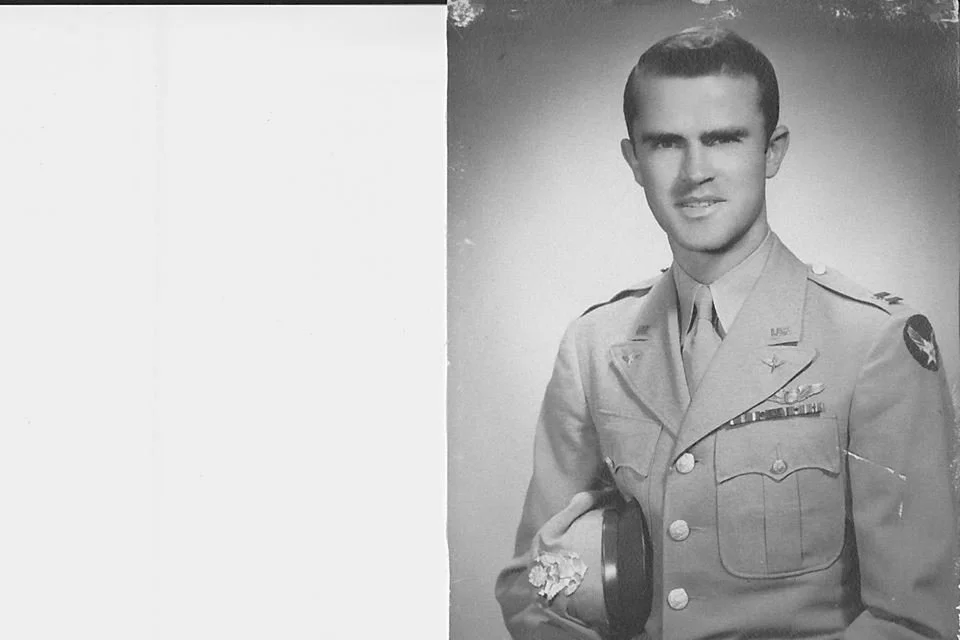Imagination as a Spiritual Practice: The Light Under the Door
“The light under the door to your mind is your imagination. It is always glowing, always searching for a new idea, always alive and energetic. If you want to enlighten your spiritual life, try the one channel of contact with the Spirit that is the most direct: use your imagination.
The curious, playful, unlimited vision of what you can imagine hints at how the Spirit thinks. It is a point of contact for us because when we open ourselves up to thinking and seeing in new ways, we are stepping into a sacred process. If you want to find the Spirit, open the door.”
—Bishop Steven Charleston Daily Facebook post (3/7/2019).
Bishop Charleston affirms that using our imagination is one pathway to connecting to God. My experience is that my prayers are more meaningful if I imagine each person I pray for sitting near me or holding the hand of Jesus, God, or the Holy Spirit. I am turning each of them over to our loving God, who is guarding and caring for them.
In the forgiveness prayer from Contemplative Outreach, Ltd., we imagine being with someone who has harmed us. First, we sit in a safe place, with God beside us, as we tell the person how they have hurt us, and then we hope we can say words of forgiveness for the harm we may have done to them. This is not a one-time prayer, but a practice we repeat over and over in our sacred space until we reach the place of forgiveness—with God by our side.
In the Ignatian study of Scripture, we imagine ourselves in the scenes of Jesus’ life when he was on earth. We join the crowd following Jesus. We may become the Samaritan woman he meets at noon. We may stand in the crowd at the foot of his cross as he dies. We may be with the women who first discover he has risen.
In dream work, we practice active imagination by conversing with people and images as they present themselves in our dreams. In our imagination, these participants in the dream can tell us who they are and explain to us the parts of ourselves they represent.
Anthony de Mello encourages us to make albums in our imagination of joyful times in our lives. Then, we can return to our album from time to time, especially in troublesome times, to remember what we experienced. De Mello also believes that at the time of a past event, we never appreciated its richness. Therefore, returning to our minds and actually “getting back” into the scene can bring even greater joy, and we may feel greater love than when an event initially happened.
Imagination can be one of our best spiritual practices.
Joanna https://www.joannaseibert.com/





